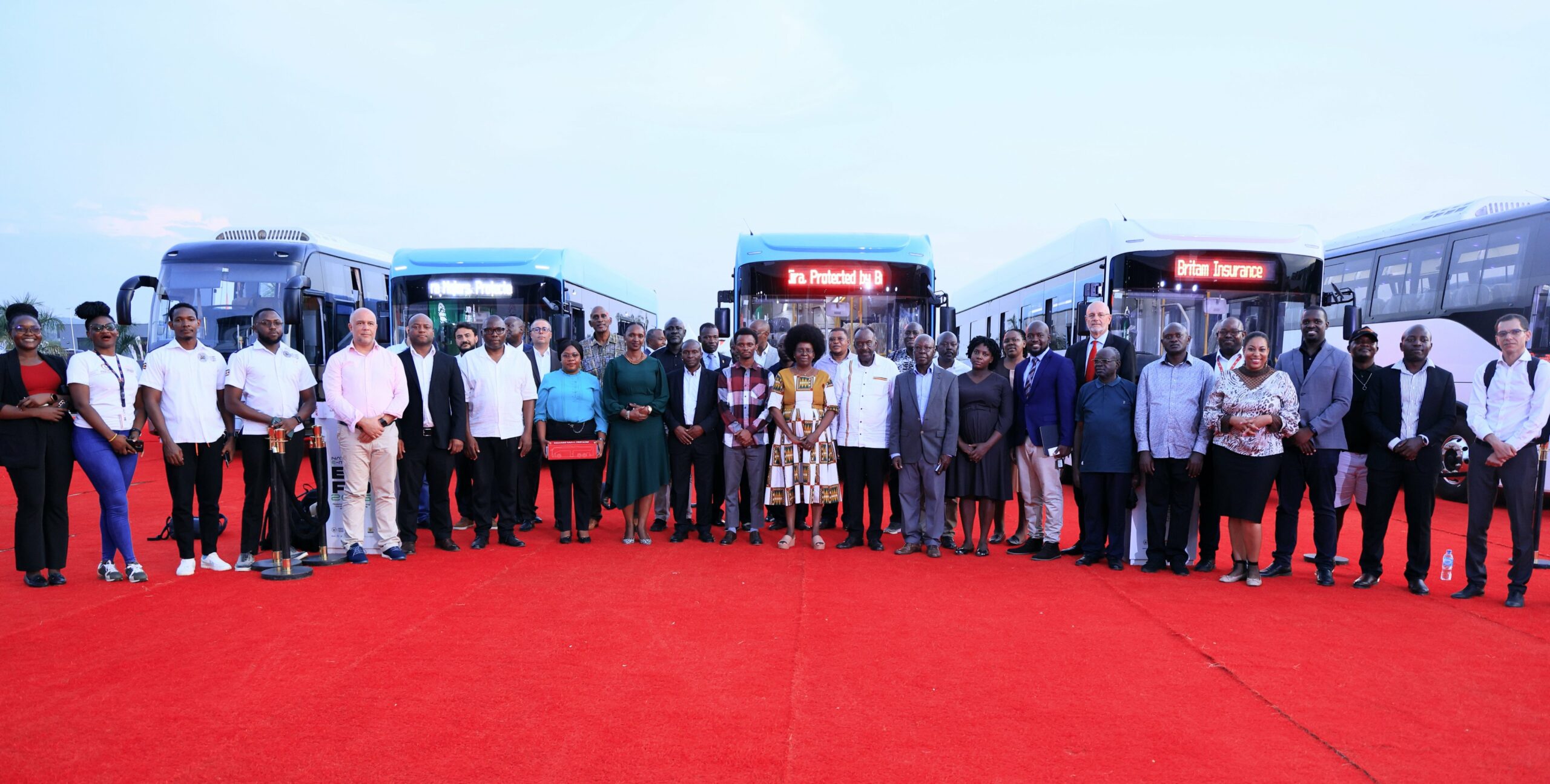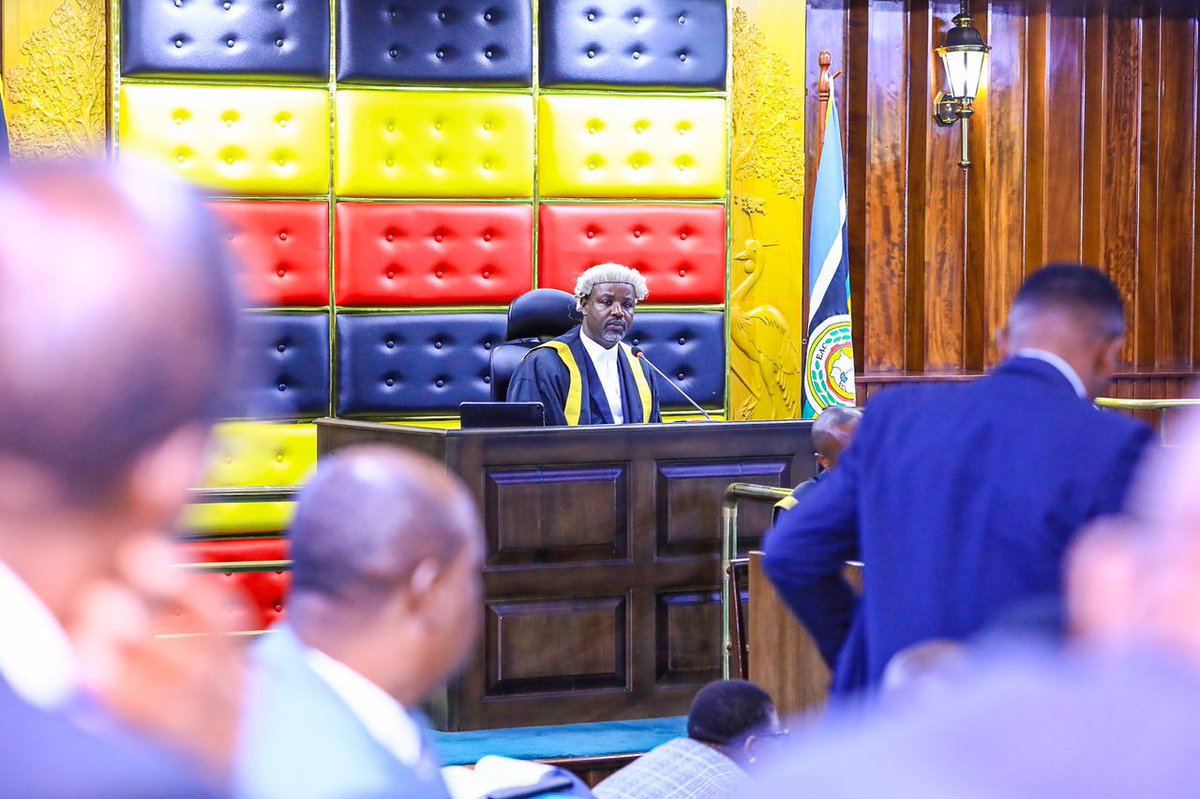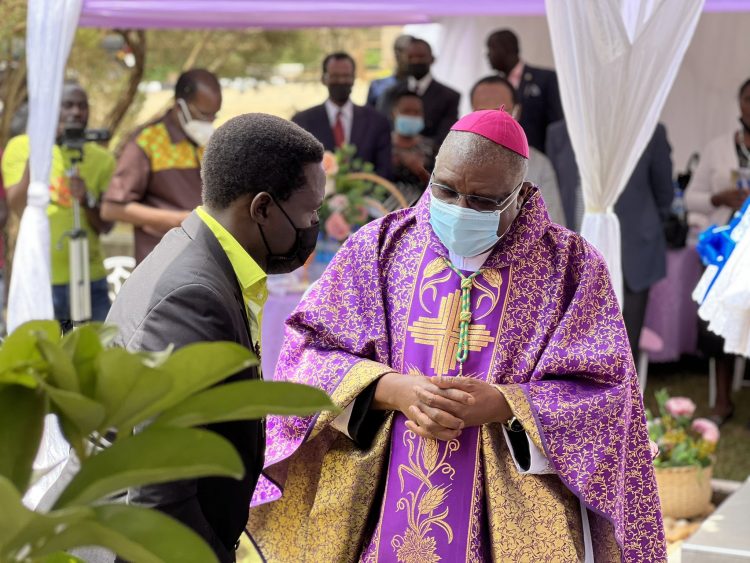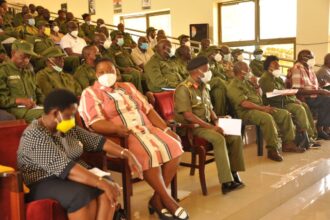The Ministry of Finance, Planning, and Economic Development has called on Ugandans to actively participate in shaping the country’s tax policies for the 2026/27 financial year, underscoring a renewed government commitment to transparency, fairness, and inclusive economic growth.
Speaking during a Wednesday briefing in Kampala, Moses Kaggwa, the Director of Economic Affairs, emphasized the importance of strengthening public engagement in tax reform discussions. He noted that citizen involvement is critical in ensuring Uganda’s tax system not only mobilizes revenue but also supports economic growth, job creation, and social equity.
“We look forward to receiving proposals and feedback from the public and all stakeholders which shall inform the formulation of policy reforms in the context of the process for preparing the national budget for FY 2026/27,” Kaggwa said.
According to Kaggwa, the Ministry has taken deliberate steps to streamline the tax policy-making process. He explained that a more predictable and transparent system enhances investor confidence and gives citizens clarity on how tax measures affect their livelihoods. “A streamlined tax policy-making process ensures that the tax system is fairer and more predictable,” he noted.
Kaggwa further revealed that Uganda’s revenue effort continues to improve, reflecting the impact of reforms. In FY 2024/25, the country’s revenue-to-GDP ratio grew to 14.27 percent, up from 13.71 percent the previous year—a sign that government efforts to strengthen domestic resource mobilization are beginning to bear fruit.
Beyond technical discussions, Kaggwa urged journalists to play an active role in bridging the gap between policymakers and the public. He stressed that the way tax issues are reported can shape public attitudes toward compliance and influence investment decisions.
“The way you communicate tax issues can influence how taxpayers comply, builds confidence in the tax system, and even investment decisions. Let us work together to inform the public accurately and constructively on tax matters,” he told members of the press.
With the tax proposal window now open, the Finance Ministry is inviting contributions from businesses, civil society organizations, professional associations, and individual citizens. Stakeholders are encouraged to submit recommendations that address challenges, propose new measures, or suggest adjustments to existing tax laws and regulations.
The initiative reflects a broader government vision of citizen-centered governance, where policy reforms are not designed in isolation but are informed by the voices and experiences of those directly affected.
As the FY 2026/27 budget preparation process gains momentum, officials hope this inclusive approach will not only improve tax policy but also strengthen public trust in Uganda’s fiscal system—making taxation not just a tool for revenue collection, but a driver of national development.
Do you have a story in your community or an opinion to share with us: Email us at Submit an Article









